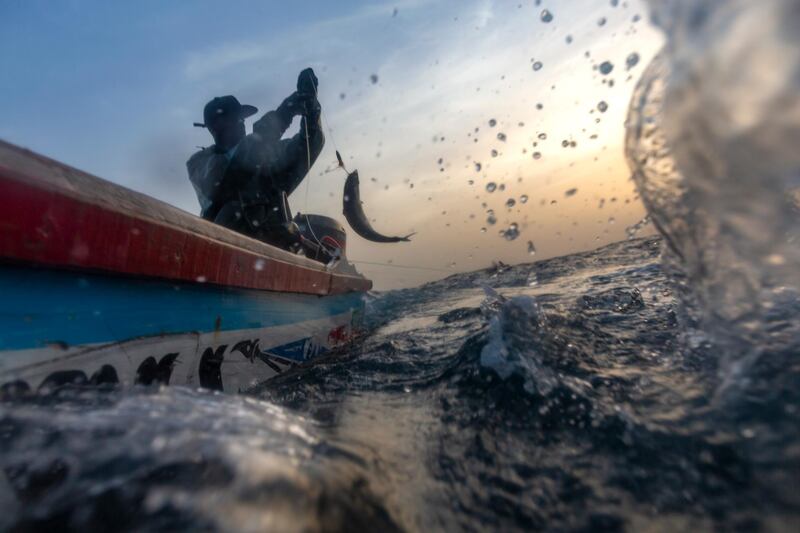Millions of people could lose their livelihoods and food source, and be forced from their homes if the world does not meet the Paris goals to curb global warming, Canadian researchers said on Wednesday.
A study by the University of British Columbia compared the economic and environmental impact of holding the global average temperature rise to 1.5°C above pre-industrial levels, as agreed to in Paris in 2015.
Lead researcher Rashid Sumaila, director of the university’s fisheries research unit, said meeting the Paris goals would benefit 75 per cent of maritime countries, with the largest gains in poorer nations, by boosting fish supplies.
Fisheries provide about 260 million full-time and part-time jobs globally, with seafood products a crucial export for developing nations, said the study, which was published in the journal Science Advances.
But Mr Sumaila said that failing to curb global warming could lead to "forced migration, not only locally but globally".
“A steady supply of fish is essential to support these jobs, food sovereignty and human well-being,” he said.
Ocean heat, which is recorded by thousands of floating robots, has been setting records repeatedly over the past decade.
Last year was expected to be the hottest year yet, an analysis by the Chinese Academy of Sciences predicted.
The study found the Paris deal would push up the total mass of the top revenue generating fish species globally by 6.5 per cent, with an average increase of 8.4 per cent in waters of developing countries.
Mr Sumaila said achieving the Paris targets could increase global fishing revenue by $4.6 billion (Dh16.9bn) a year.
“The largest gains will occur in developing country waters such as Kiribati, the Maldives and Indonesia, which are at greatest risks due to warming temperatures and rely the most on fish for food security, incomes and employment,” he said.





